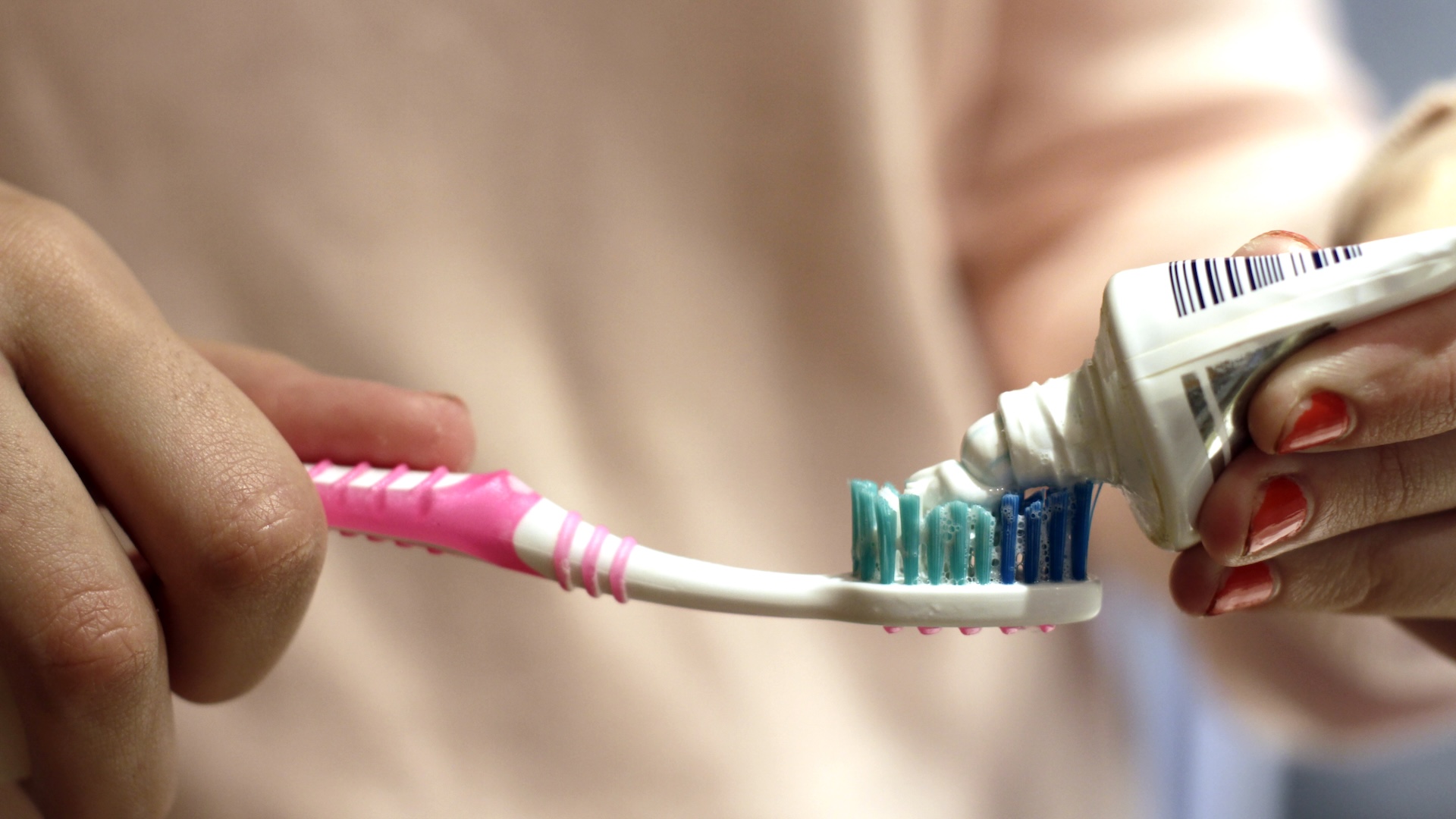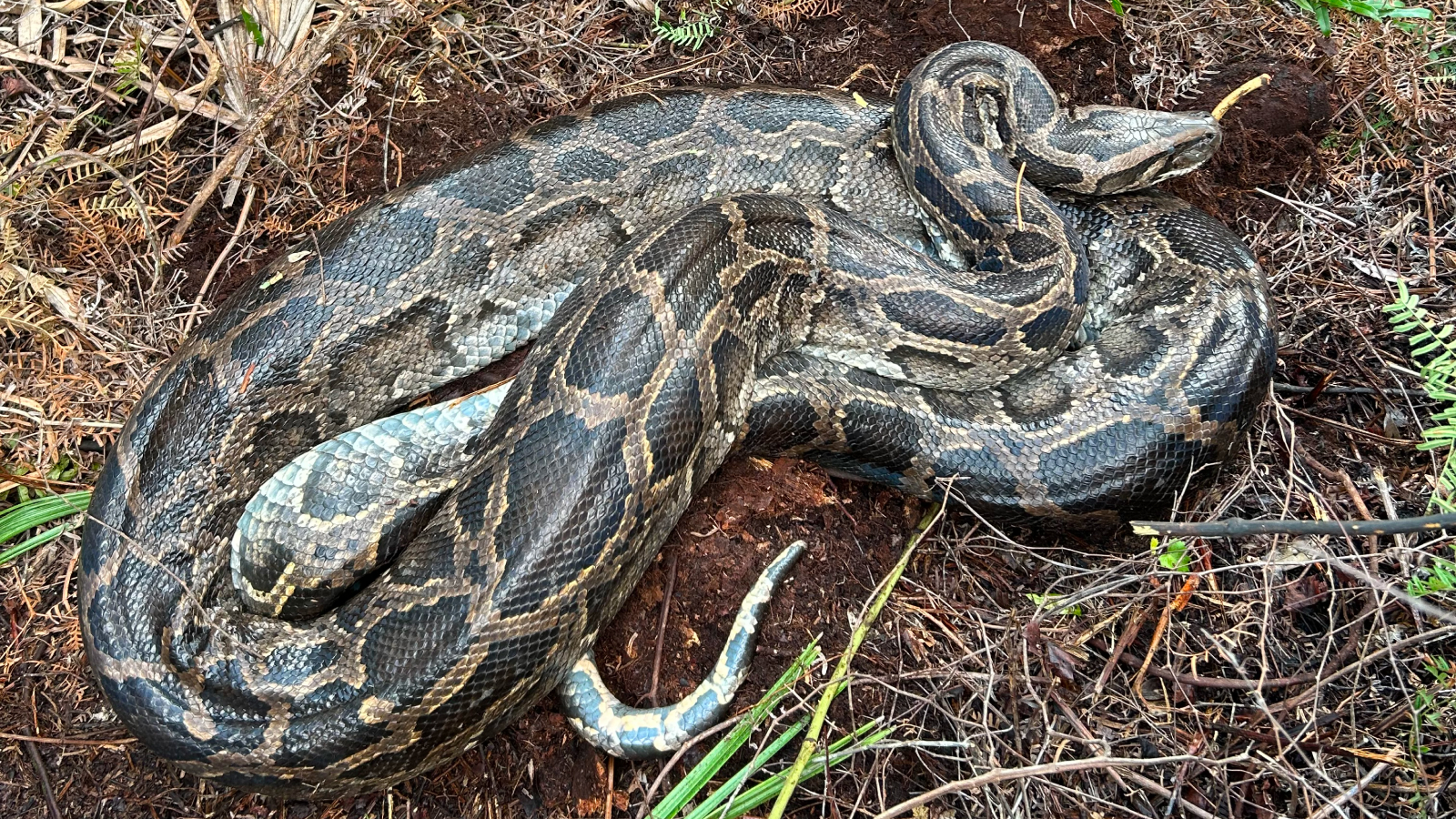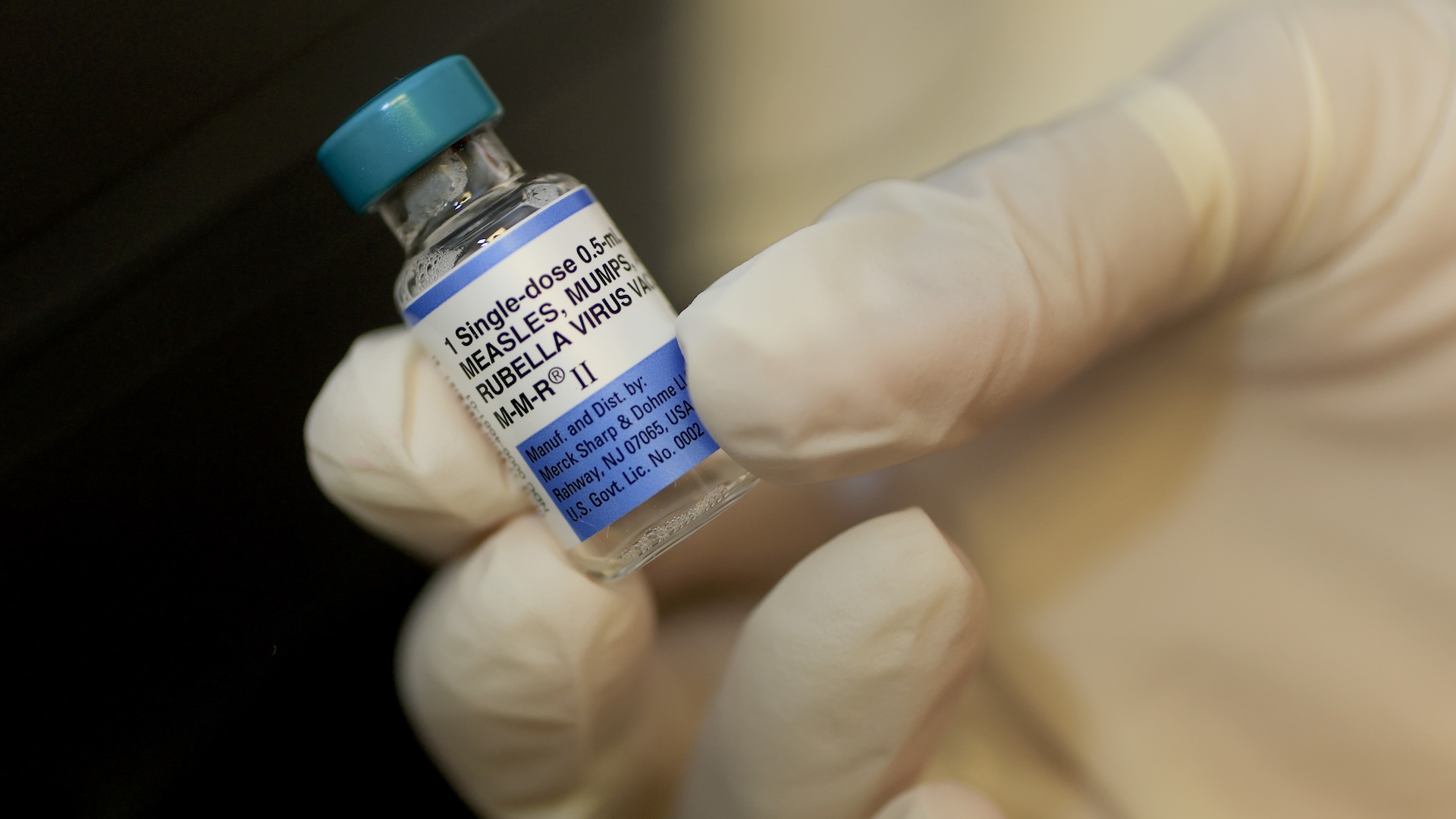Brushing your teeth twice a day is one of the pillars of oral hygiene — but for many people, it doesn’t necessarily solve the problem of bad breath. Dentists say that halitosis, or bad breath, often has causes that brushing alone can’t address.
So why can breath sometimes stink even after brushing, and what can be done about it?
Her advice is to floss once a day. “Flossing reaches the areas that brushing doesn’t — so take the time to brush and floss!” While she prefers traditional string floss, Tomsic said that floss picks and water flossers also work. The key is to use them consistently.
But even if you both brush and floss your teeth, your mouth may still harbor odor-causing bacteria.
“Sulfur-producing bacteria thrive on the surface of the tongue and in the back of the throat,” Dr. Fatima Khan, a dentist and co-founder of the probiotic mouthwash company Riven Oral Care, told Live Science in an email. These bacteria break down proteins from food very quickly and can release foul-smelling molecules, called volatile sulfur compounds, from the back of the tongue and throat, she said. (Volatile sulfur compounds are the gases responsible for the classic “rotten egg” smell.)
Related: How does plaque cause cavities?
Dr. Jenna Chimon, a lead cosmetic dentist at Long Island Veneers, often sees patients who brush their teeth but neglect other important aspects of oral hygiene. “If they’re not cleaning their tongue or brushing their teeth properly, bacteria can remain and emit odors, no matter how minty their toothpaste is,” Chimon told Live Science in an email.
Her initial guidance for patients who seek help for bad breath is for them to improve their oral hygiene routine. “Cleaning the tongue is super important, either with a tongue scraper or the brush, as is flossing daily.”
Another possible cause of bad breath is dry mouth, often caused by taking certain medications (such as antihistamines), mouth breathing or use of antiseptic mouthwash, said Khan. Saliva acts as the mouth’s natural cleanser, rinsing away food particles and bacteria. Without enough saliva, your mouth can’t clean itself properly, leading to bacterial buildup and bad breath.
Hydration can be another issue that needs to be improved, said Chimon.
Regular coffee drinking can make the problem worse because caffeine lowers saliva production for two hours after ingestion, contributing to dry mouth and bad breath, studies suggest.
Bad breath can also stem from the food you eat. Strong-smelling foods like garlic and onion are absorbed into the bloodstream, travel to the lungs and are exhaled with your breath. Smoking — both tobacco and weed — also causes bad breath, even after brushing, because smoke particles linger in your mouth, throat and lungs. It also dries out your mouth, creating a breeding ground for odor-causing bacteria.
Some medical conditions can also cause bad breath. Gum disease is one of the most common, Chimon said. “Inflammation or infection in the gums creates pockets where bacteria live and grow, and causes bad breath.” (People who smoke have a higher risk of developing gum disease than those who do not.)
Besides proper oral hygiene to decrease gum inflammation, a simple home remedy to guard against gum disease is rinsing out the mouth with warm salt water, Khan said. “Saltwater not only cleanses the affected area but also reduces inflammation and fosters an environment that inhibits pathogenic bacterial growth.”
Beyond oral health, sinus problems are another often-overlooked cause of bad breath, Chimon said. For instance, sinus issues that cause post-nasal drip, as well as gastric reflux, which is when stomach acid comes up and can irritate the nasal passages and sinuses, “can lead to foul breath,” Khan explained.
Additionally, diabetes that isn’t adequately managed with blood-sugar control can trigger ketoacidosis, a state in which the body burns fat instead of glucose. This produces a distinctive fruity odor on the breath.
This article is for informational purposes only and is not meant to offer medical advice.














